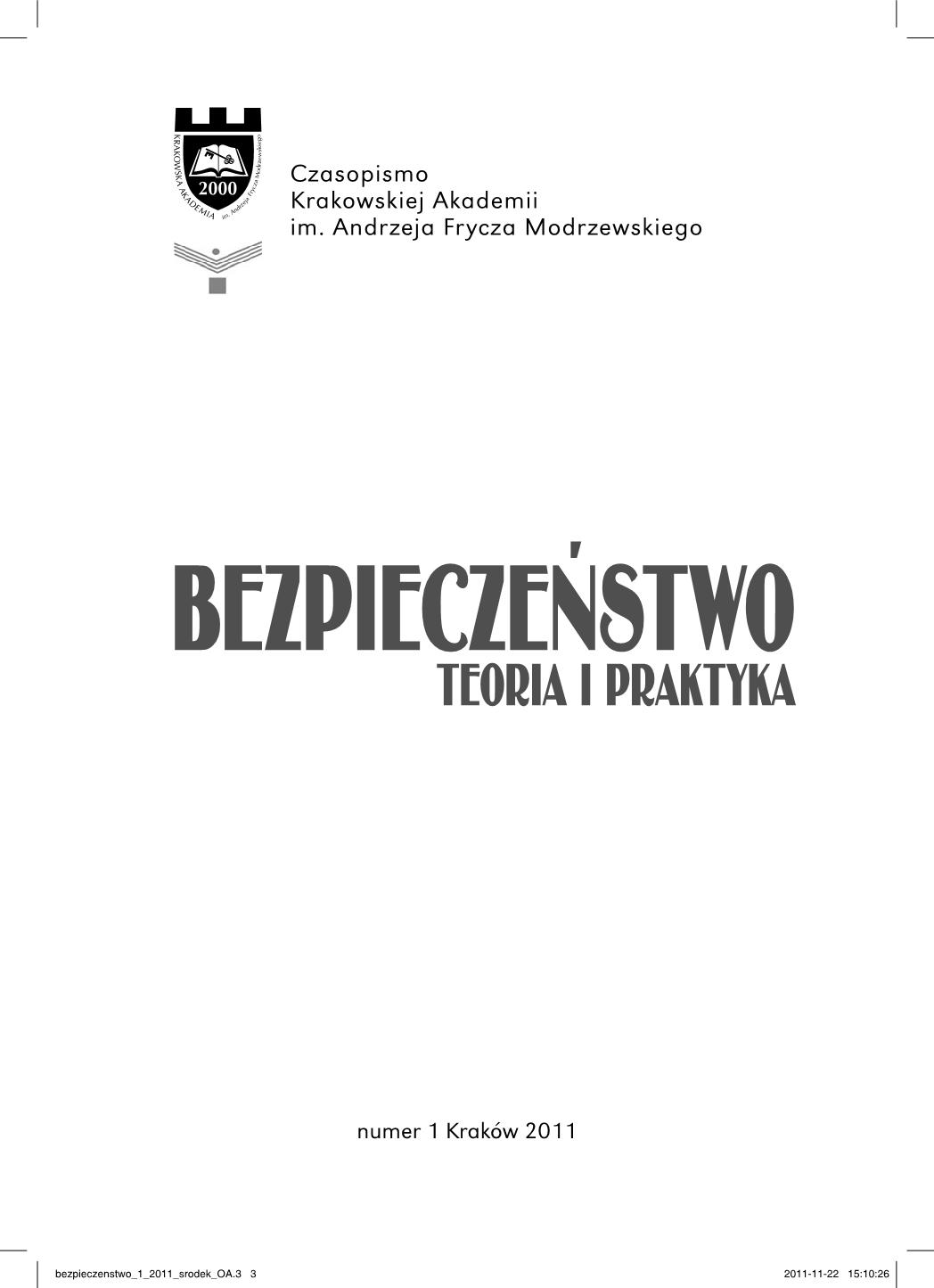Władze austriackie wobec polskiego ruchu militarnego przed 1914 rokiem w Galicji
The policy of Austrian authorities towards Polish military organisations before 1914 in Galicia
Author(s): Waldemar PotkańskiSubject(s): Military history, Political history, Pre-WW I & WW I (1900 -1919)
Published by: Oficyna Wydawnicza AFM Uniwersytetu Andrzeja Frycza Modrzewskiego w Krakowie
Keywords: Galicia
Summary/Abstract: The beginnings of the twentieth century saw the emergence of Polish paramilitary formations on the territory of Austrian Galicia; they functioned in line with the Act of November 15, 1867 passed by the Austrian authorities, which encouraged setting up shooting organizations. On the advice of Polish leftist activiststs Austrian military authorities conducted preliminary talks with the representatives of Polish irredenta. Starting from 1908 the activists of PPS (Polish Socialist Party) collaborated with the Austrian intelligence on the front of anti-Russian war preparations. However, Austria-Hungary authorities treated the majority of Polish formations as rather unstable, potentially diffi cult to control and use in war situation. Hence the idea of using these forces for reinforcement of less important formations as understood by Austrian war doctrine, such as Landwehr (auxiliary formation aimed at helping regular army units in defending the borders of the Austro-Hungary) or Landsturm (forces based on conscripts). Additionally, there were obstacles made by the Galician province authorities, with their headquarters in Lemberg (now Lviv), whose employees (it is worth noting they were mostly Poles) sent to Vienna negative opinions about the newly formed organizations, their origins and their tasks. In June 1914 the Austrian authorities decided to unite all military organizations (Polish and Ukrainian) and incorporate them into Związek Krajowy which, in turn, was supervised by the Vienna-based Central Association of Shooting Organisations. This structural change, however, was never implemented due to the negative response from the organizations in question as well as extremely volatile period preceeding the outbreak of the war in 1914.
Journal: Bezpieczeństwo. Teoria i Praktyka
- Issue Year: II/2011
- Issue No: 1
- Page Range: 81-92
- Page Count: 12
- Language: Polish

